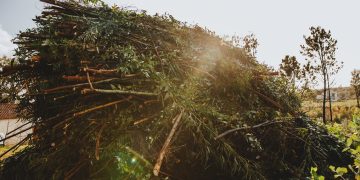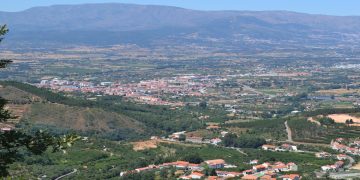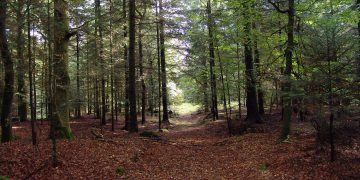Key findings:
A new host plant was identified: the Cantabrian mountain oak (Quercus orocantabrica) was naturally infected in Portugal.
For the first time, natural infections of the Pierce’s disease STRAINA subtype of a microbe defined by its genetic make-up; for example, in the case of Escherichia coli O157, the ‘O157’ part of the name refers to the strain – a strain of Xylella fastidiosa that causes disease in vineyards in North America – have been found in grapes, almonds and other plants in Italy’s Apulia region.
The total number of confirmed host species has increased to 452 species (from 70 different BOTANICALA substance, used either as a food or a medicine, derived from plants, fungi, algae or lichens families) when using the most stringent detection methods.
No new sequence types (STs) of Xylella were identified worldwide.
Background
Xylella fastidiosa is a bacterial pathogen that causes severe diseases in a wide range of plants, including olive trees, citrus fruits, grapevines and various ornamental plants. EFSA developed the Xylella spp. host plant database following a request from the European Commission to support RISK ASSESSMENTA specialised field of applied science that involves reviewing scientific data and studies in order to evaluate risks associated with certain hazards. It involves four steps: hazard identification, hazard characterisation, exposure assessment and risk characterisation and management efforts to control Xylella fastidiosa. The database, which has been continuously updated since 2016, serves as an important resource for policy makers, researchers, and plant health authorities.
Read the full report
For more information, contact plants@efsa.europa.eu.
O artigo foi publicado originalmente em EFSA.






















































